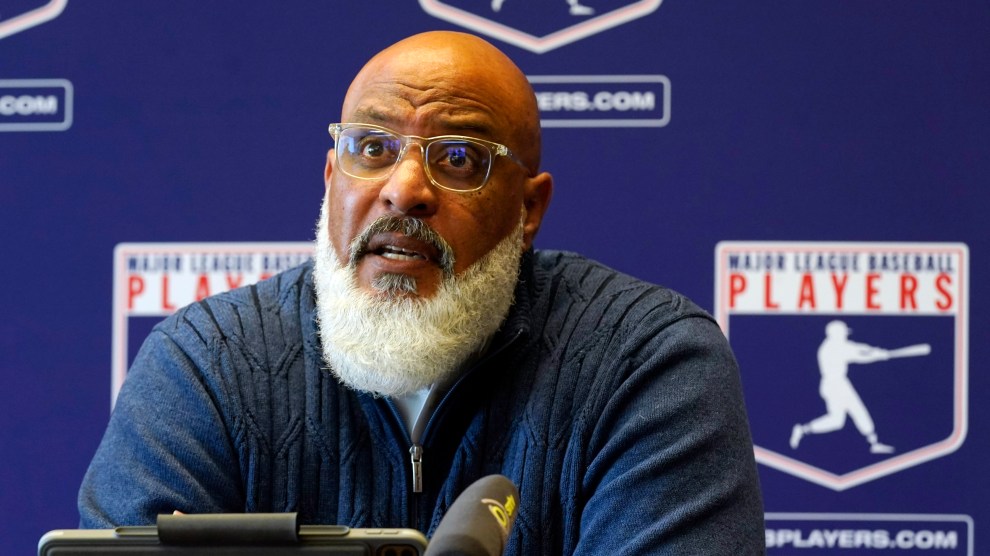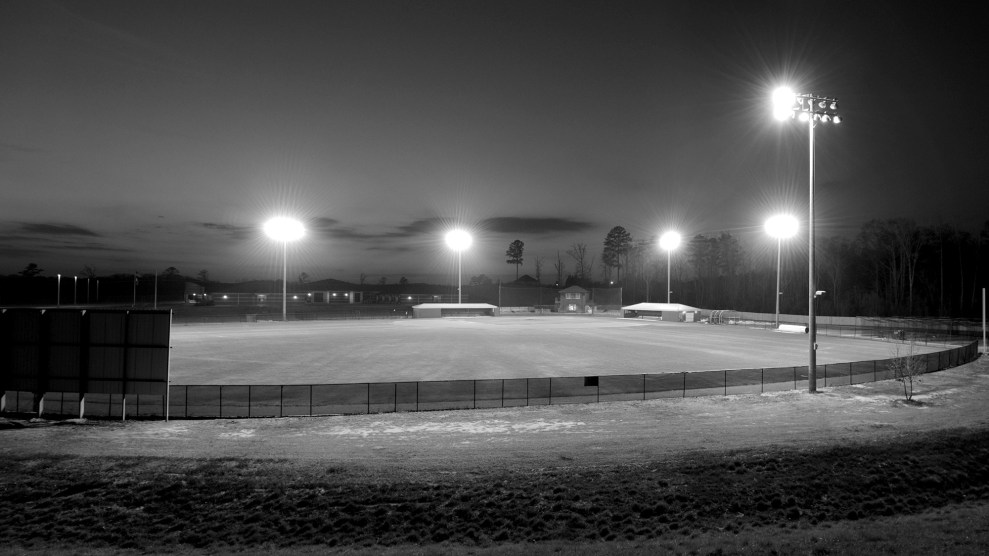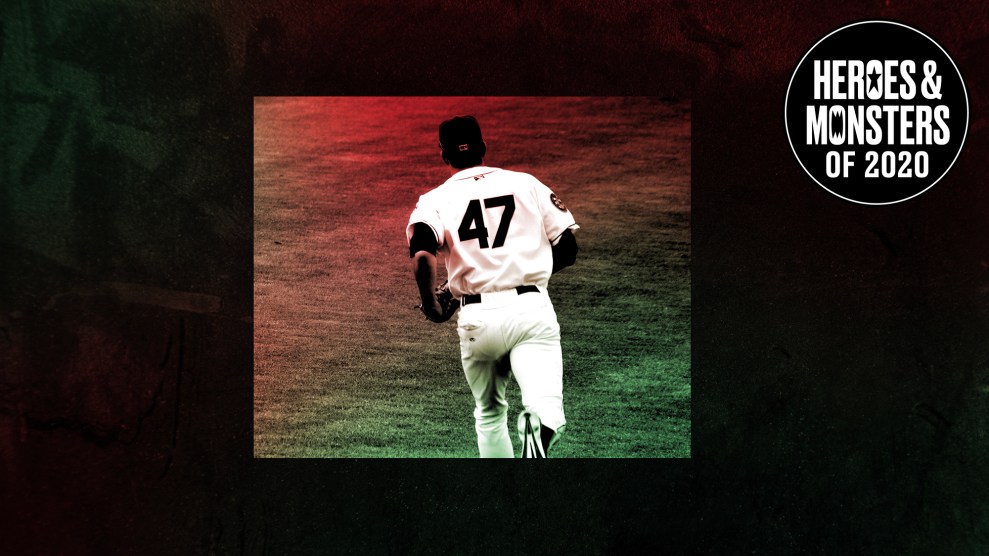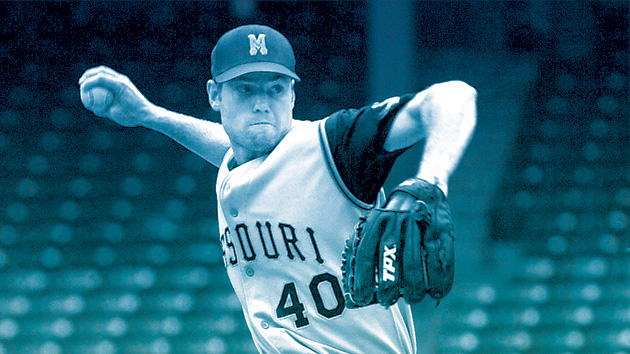
Tony Clark, executive director of the Major League Baseball Players AssociationRichard Drew, File/AP
The life of a major league baseball player involves bright lights, celebrity, a minimum salary of $700,000 a year, and representation in a powerful labor union. Meanwhile, minor leaguers—hoping to make it to the majors someday—toil in obscurity and, often, in poverty, without the protections of a collective bargaining unit.
But that’s finally about to change.
The minor leagues unionized last week. MLB had announced earlier that it would voluntarily recognize a union if a majority of minor league players approved, allowing them to forgo the lengthy process of a National Labor Relations Board election. After a 17-day union drive, “a significant majority” of the 5,567 minor league players signed their union authorization cards, according to the union.
America’s pastime isn’t always compatible with the American dream, and the low average pay of $12,000 a year has forced many players to end their baseball careers before they make it to the majors. “That’s really unfortunate, because who does that kind of hardship affect the most?” my friend Bobby Wagner, a co-host of the Tipping Pitches baseball podcast and a longtime advocate for unionizing the minors, told me. “It’s the people who are the least privileged, who can’t afford to wait five or six years for a payday, who didn’t make a big signing bonus when they got drafted, who don’t come from money in their family.”
Players often take lengthy bus rides without compensation, are fed inadequate meals, and, until recently, faced huge logistical hurdles to finding housing. Now able to engage in collective bargaining, players might be able to win some ground in those areas.
Players in the Oakland A’s organization shared these photos of their recent post-game meals.
No employer would serve these meals to employees they care about. Why are the A’s serving them to their future Major Leaguers? pic.twitter.com/cIFqiPg6iX
— Advocates for Minor Leaguers (@MiLBAdvocates) June 1, 2021
The addition of more than 5,500 minor leaguers to the 1,200 existing major league union members will significantly strengthen the bargaining unit. At a time of soaring public support for unions, its expansion is also good publicity for the MLB owners and executives who gutted the minors in 2020 by eliminating 40 farm teams, earning the designation of “insufferable ghouls” from my colleague Tim Murphy.
“This historic achievement required the right group of players at the right moment to succeed,” Tony Clark, the executive director of the union, said in a statement. “Minor leaguers have courageously seized that moment, and we look forward to improving their terms and conditions of employment through the process of good faith collective bargaining.”
The timeline of negotiations is not yet clear, but a Major League Baseball Players Association spokesperson said that the union would like to have an agreement in place by the beginning of next season.

















